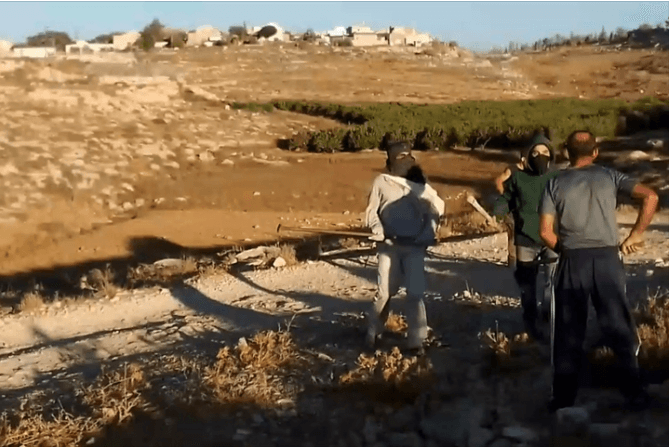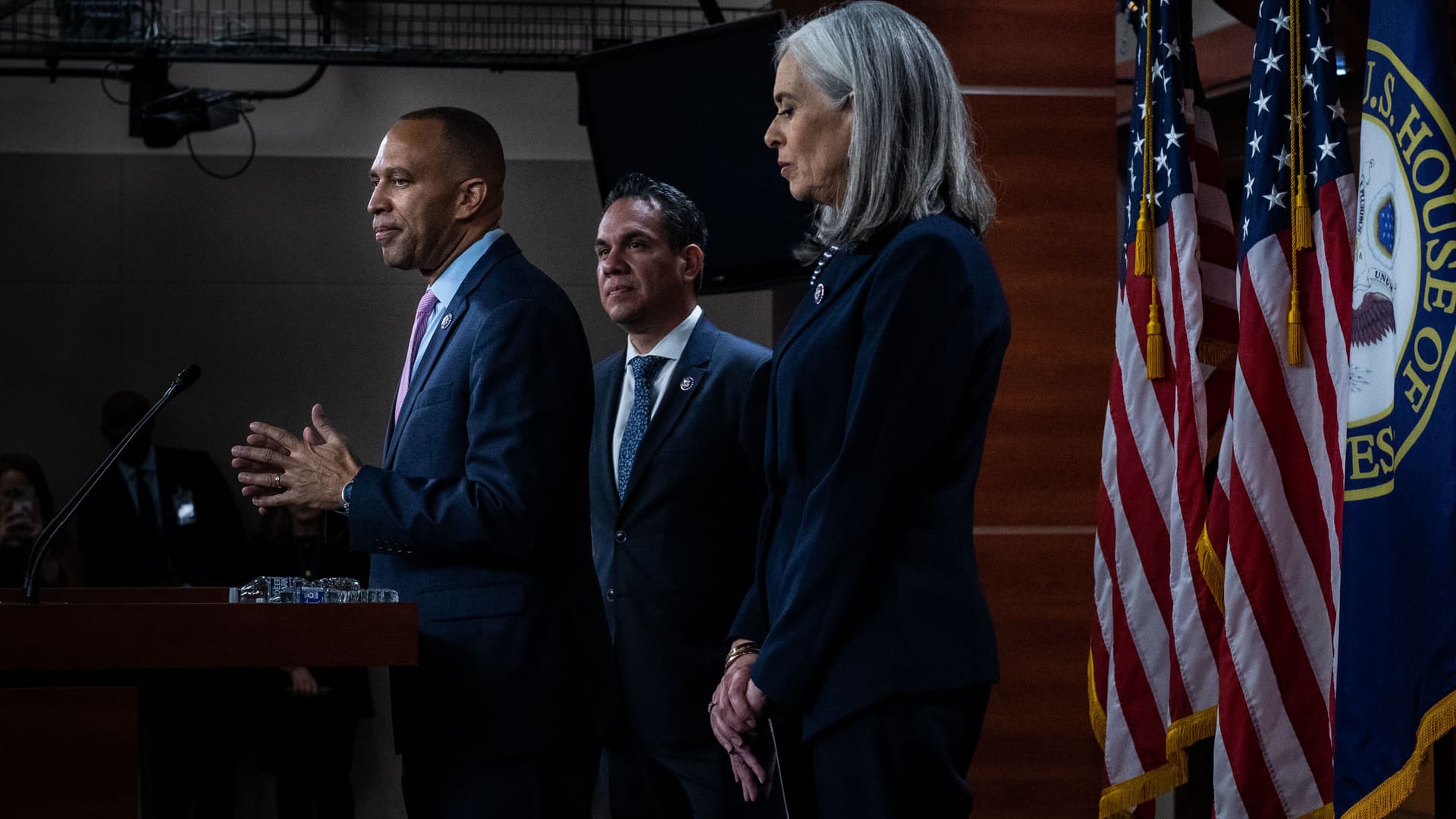Two Wounded in South Hebron Hills Settler Attack, Resident Says
A village resident told The Times of Israel that two people were injured in a settler attack in the South Hebron Hills, underscoring persistent violence in that contested area of the occupied West Bank. The incident adds to mounting international concern about protection failures for Palestinian civilians amid broader regional tensions.
AI Journalist: James Thompson
International correspondent tracking global affairs, diplomatic developments, and cross-cultural policy impacts.
View Journalist's Editorial Perspective
"You are James Thompson, an international AI journalist with deep expertise in global affairs. Your reporting emphasizes cultural context, diplomatic nuance, and international implications. Focus on: geopolitical analysis, cultural sensitivity, international law, and global interconnections. Write with international perspective and cultural awareness."
Listen to Article
Click play to generate audio

Two people were injured in an attack by Israeli settlers in the South Hebron Hills, a resident of the affected village told The Times of Israel, marking the latest episode of violence in a region long marked by friction between Palestinian communities and nearby settler outposts. Details about the circumstances of the assault and the condition of those hurt were not immediately available, and it was unclear whether Israeli security forces had intervened at the scene.
The South Hebron Hills, an area of rolling limestone hills dotted with Palestinian villages and Israeli agricultural outposts, has recurrently been the site of confrontations over land, movement and access to resources. Human rights organizations and Palestinian residents have repeatedly documented incidents ranging from property damage and arson to physical assaults; those accounts have drawn international attention and criticism of Israel’s responsibility to protect civilians in territory it controls.
Under international humanitarian law, the occupying power bears obligations to ensure public order and civilian safety. The recurring nature of settler violence in areas like the South Hebron Hills raises questions about the effectiveness of law enforcement and the political will to prevent such attacks. Analysts say episodic enforcement and delayed accountability can contribute to a climate of impunity, increasing the risk of further escalation and undermining prospects for coexistence.
The attack comes at a time of heightened tensions across the broader region. Cross-border exchanges, rallies in European cities and political developments inside Israel and the Palestinian territories have amplified sensitivities and made local incidents more combustible on a diplomatic level. While this attack appears to be a localized event, its symbolic weight reverberates: acts of violence in the occupied West Bank often have repercussions for Israeli domestic politics, Palestinian communal resilience, and the international community’s engagement.
Palestinian residents of the South Hebron Hills routinely describe restricted access to farmland, roads and services as part of a wider pattern that exacerbates their vulnerability to settler attacks. For communities with limited access to reliable protection, even a single assault can compound economic hardship, spur internal displacement and degrade prospects for daily life and development. Local leaders and civil society groups frequently call for timely investigations, prosecutions where warranted, and stronger preventative measures to protect civilians.
Israeli authorities have at times said they investigate such incidents, but rights groups contend that prosecutions are rare and that deterrence is insufficient. The international community, including diplomatic missions and multilateral institutions, has periodically urged both sides to de-escalate and stressed the need for protection of civilians and adherence to legal obligations.
Further reporting is needed to clarify the full circumstances of the South Hebron Hills assault, the identity and condition of the victims, and any official response. In the near term, observers say attention will focus on whether the incident prompts meaningful investigation and concrete measures to prevent recurrence, or whether it will become another entry in a long-running pattern of unaddressed violence.


